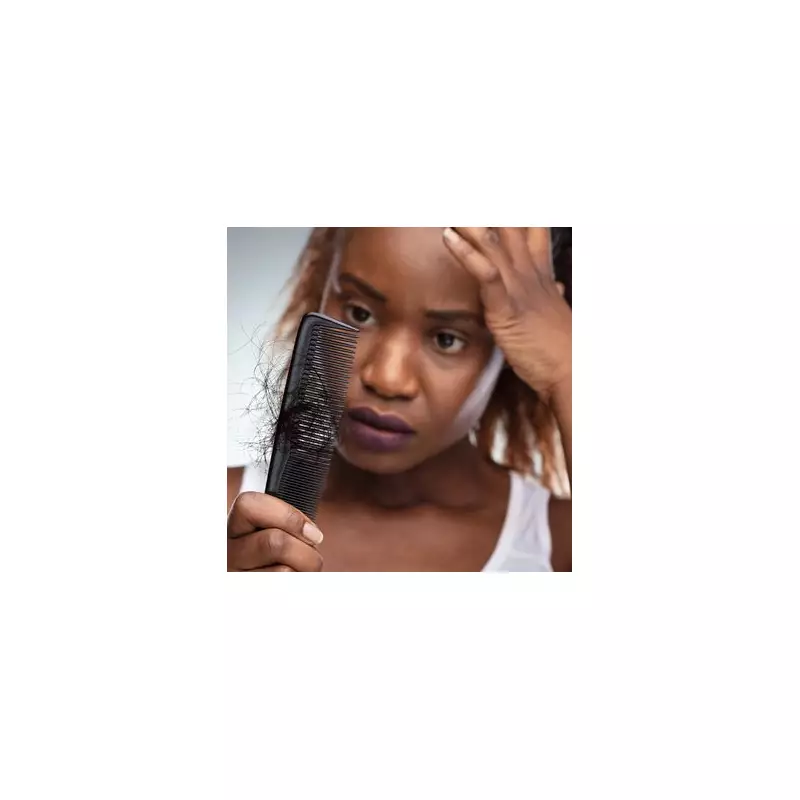
Thousands of women across Britain are reporting a distressing side effect of COVID-19 that's emerging months after infection - significant hair loss that's leaving many concerned about their changing appearance.
The Unseen Aftermath of Infection
Medical professionals are observing a dramatic increase in cases of telogen effluvium, a temporary hair shedding condition triggered by physical or emotional stress. While not exclusive to COVID-19, the pandemic has created what trichologists are calling a "perfect storm" for hair loss.
Real Stories: Women Share Their Experiences
"I started noticing clumps of hair in the shower about three months after recovering from COVID," shares Emma, a 34-year-old teacher from Manchester. "At first I thought it was normal shedding, but when my ponytail became noticeably thinner, I panicked."
Similar stories are emerging nationwide, with women reporting:
- Visible thinning around the hairline and temples
- Clumps of hair coming out during washing and brushing
- Noticeably smaller ponytails
- Increased hair on pillows and clothing
Expert Insight: Why This Happens
"The body perceives severe infection as a major stressor," explains leading trichologist Dr. Sarah Jenkins. "This can push up to 50% of hair follicles into the resting phase simultaneously. The shedding typically occurs 2-3 months after the triggering event."
Recovery Timeline and Treatment Options
Most women can expect to see improvement within 6-9 months as the hair cycle normalises. Experts recommend:
- Maintaining a nutrient-rich diet with adequate protein and iron
- Managing stress through meditation and adequate sleep
- Using gentle hair care products
- Consulting a dermatologist for persistent cases
Beyond the Physical: The Emotional Impact
For many women, the psychological toll is significant. "Hair is so tied to feminine identity," notes psychologist Dr. Rebecca Mills. "The sudden change can trigger anxiety and affect self-esteem, creating a secondary stress cycle that may prolong the problem."
While alarming, most cases resolve naturally. However, medical professionals emphasise the importance of seeking advice if shedding continues beyond nine months or if there are signs of permanent hair loss patterns.





